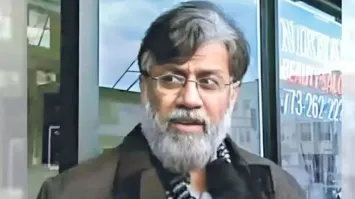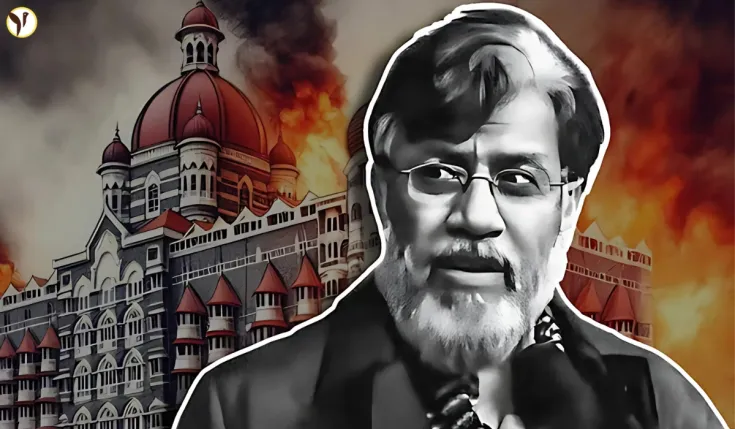U.S. Approves Tahawwur Rana's Extradition to India Over 26/11 Attacks
Supreme Court Rejects Rana’s Appeal:
The U.S. Supreme Court has rejected the final legal appeal by Tahawwur Hussain Rana, clearing the way for his extradition to India. Rana, a Pakistani-Canadian businessman living in the U.S., is wanted in India for his alleged role in the 2008 Mumbai terror attacks that killed 166 people and injured over 300.
This decision marks a major step forward in India’s long-standing effort to bring Rana to justice for one of the deadliest terrorist attacks in the country’s history.
Who Is Tahawwur Rana?
Tahawwur Rana is a former Pakistani military doctor who later moved to Canada and then the United States. He ran an immigration services business based in Chicago. In 2009, Rana was arrested by U.S. authorities for involvement in multiple terror plots.
He was convicted in the U.S. in 2013 for supporting the Pakistan-based terror group Lashkar-e-Taiba and for his role in a failed plot to attack a Danish newspaper. However, he was not convicted for his involvement in the Mumbai attacks at that time due to a lack of direct evidence under U.S. law.

Allegations in the 26/11 Mumbai Terror Case
According to Indian investigators, Rana worked closely with his childhood friend David Coleman Headley, a key planner of the Mumbai attacks. Headley, a U.S. citizen, admitted in court that he traveled to India under the cover of Rana’s company to scout locations for Lashkar-e-Taiba.
India’s National Investigation Agency (NIA) claims Rana was fully aware of Headley’s mission and supported his activities by providing business cover and financial assistance. The NIA filed formal charges against Rana and requested his extradition in 2020.
Indian Team in U.S. to Complete Extradition Process
Following the Supreme Court’s decision, an Indian delegation made up of legal and law enforcement officials has traveled to the U.S. to finalize Rana’s extradition. Once the paperwork is complete, Rana will be handed over to Indian authorities and flown to India.
He is expected to be held in the custody of the NIA upon his arrival and will face trial under Indian anti-terror laws, including the Unlawful Activities (Prevention) Act.
Why This Extradition Matters
Rana’s extradition is a major development in India’s pursuit of justice for the 26/11 victims. It may also lead to further revelations about international involvement in the planning and execution of the attacks.
India has long claimed that elements in Pakistan were behind the assault on Mumbai, and bringing Rana into custody could provide critical insight into the network behind the plot.
What’s Next for Rana?
Once in India, Rana will be formally arrested and presented before a special court. The NIA is likely to seek extended custody for questioning. Prosecutors are expected to rely heavily on David Headley’s testimony, which directly links Rana to the planning stages of the attacks.
Indian officials have stated that they will ensure Rana’s trial follows due legal process and international standards.






